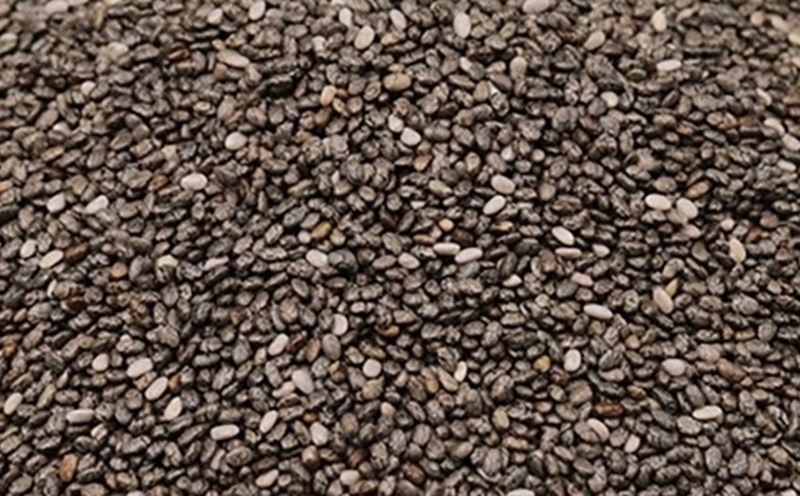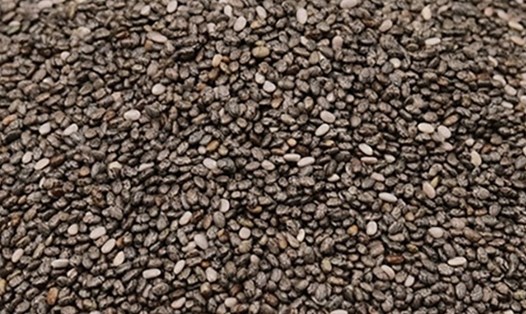There is a lot of talk about how apple cider vinegar can help boost gut health because it boosts the gut microbiome to help with digestion, immunity and keeping the rest of your body running smoothly, says Shikha Singh, clinical nutritionist at Fortis Memorial Research Institute, Gurugram, India.
This is due to the presence of probiotics and prebiotics in apple cider vinegar. Probiotics are beneficial bacteria that help other gut bacteria stay healthy, while prebiotics are foods and compounds that help them thrive.
Apple cider vinegar, especially raw apple cider vinegar, may have some positive effects on gut bacteria, but the effects are not magical and should be considered in the context of your overall diet.
Additionally, pasteurized apple cider vinegar sold on store shelves typically does not contain live probiotics.
Apple cider vinegar contains acetic acid, so it is important to dilute it before consuming. Standard doses range from 1–2 teaspoons (5–10 ml) to 1–2 tablespoons (15–30 ml) per day mixed in a glass of water.
Consuming too much apple cider vinegar can cause harmful side effects other than diarrhea, such as throat irritation and tooth damage.
It can aggravate ulcers, cause nausea and vomiting. Using too much apple cider vinegar can lower potassium levels, which can negatively affect your heart and muscles.
There isn't much research to support claims about the gut health benefits of apple cider vinegar, notes Shikha Singh.
“A 2016 study described the protective effects of apple cider vinegar on stomach ulcers in fish. Another study, published in 2020, found that when fish consumed apple cider vinegar, their digestive enzymes easily broke down food. These results cannot be applied to humans,” said Shikha Singh.
While some human studies have been done, they are mostly observational and involve very few participants. So there is currently no conclusive evidence to support its use for gut health. More research is needed to confirm this.
Additionally, apple cider vinegar may interact with certain medications, including insulin (which regulates blood sugar), diuretics, and some heart medications, especially those that treat arrhythmias.
Because apple cider vinegar lowers blood sugar, you should be cautious if you are taking blood sugar lowering medications as it can cause rapid hypoglycemia.











